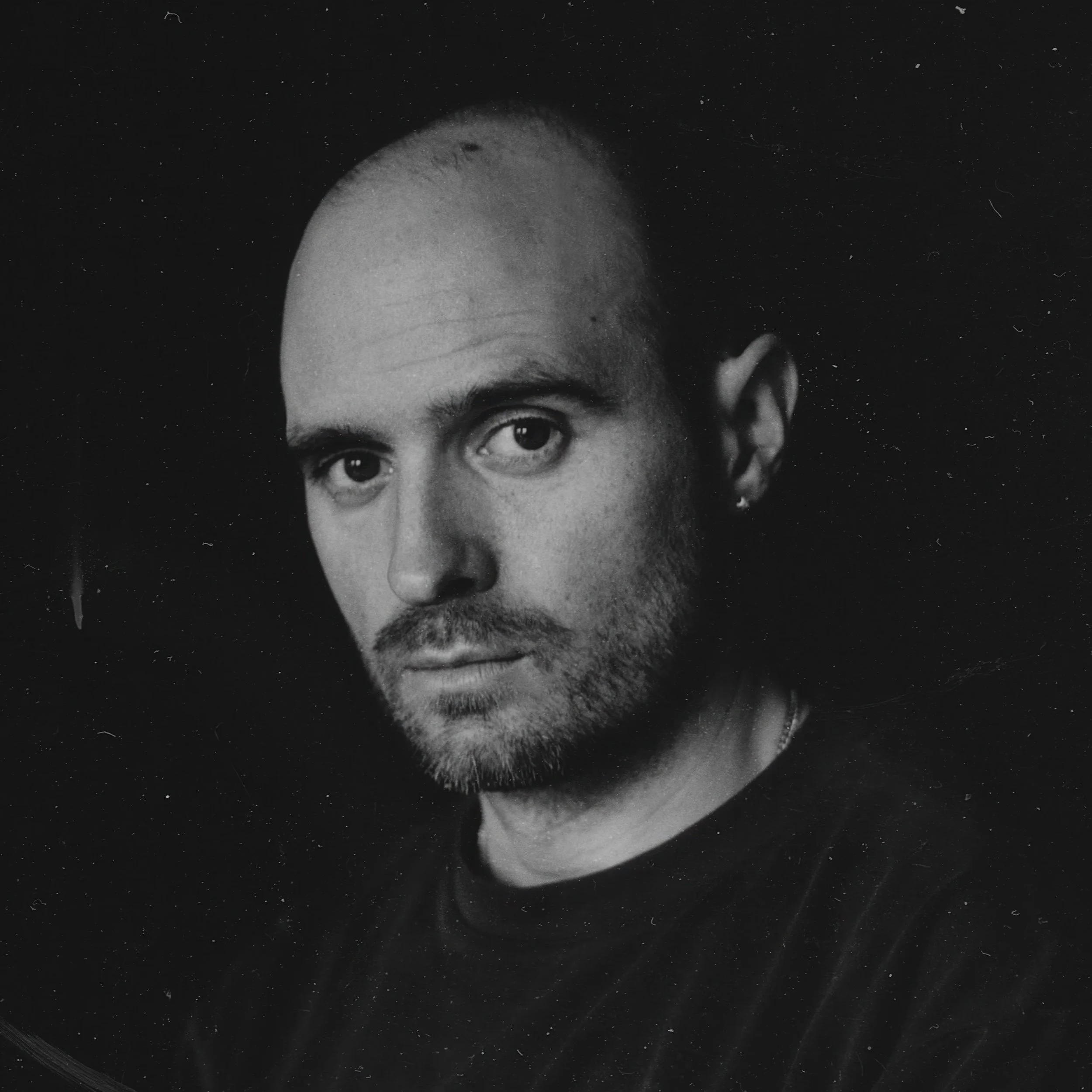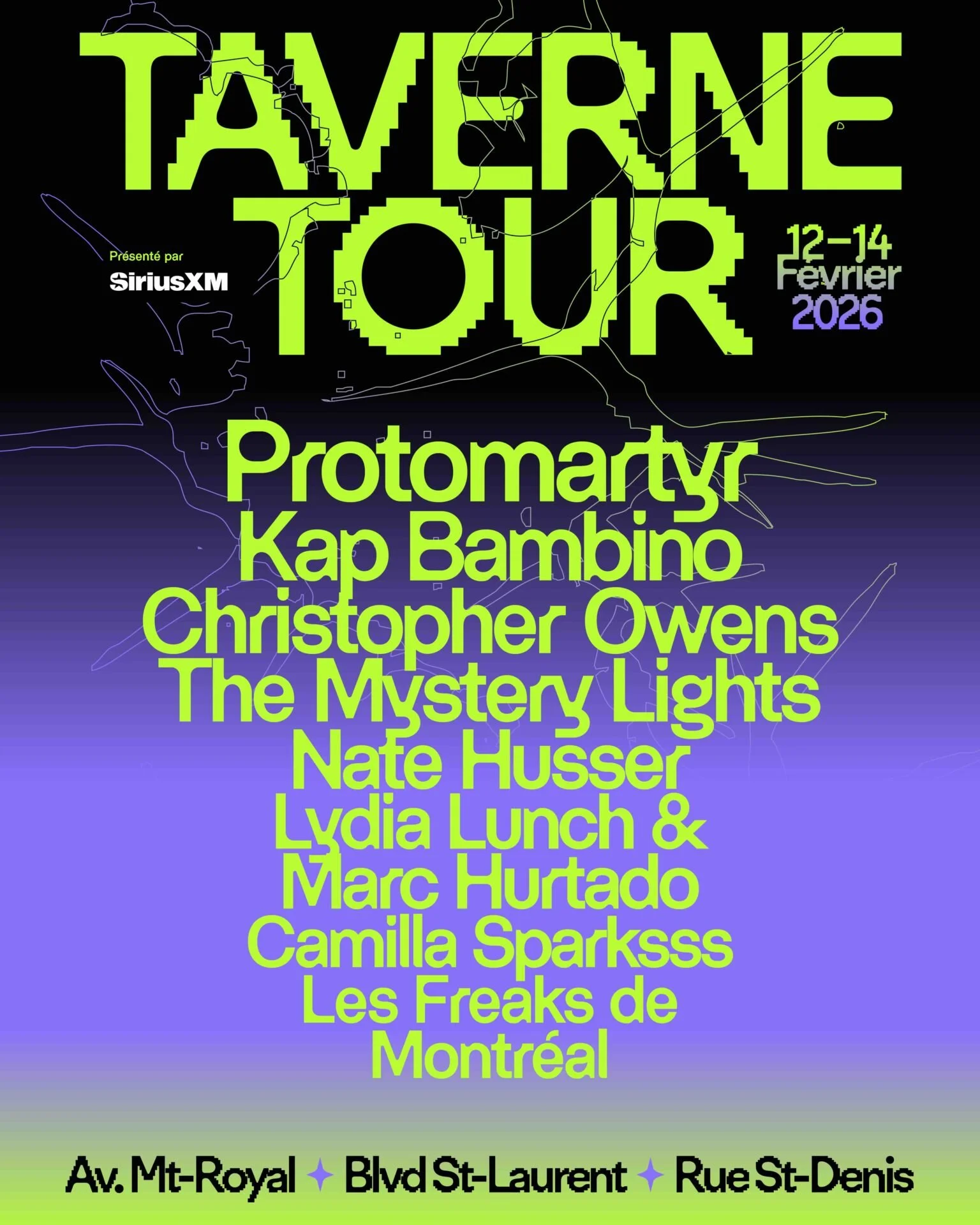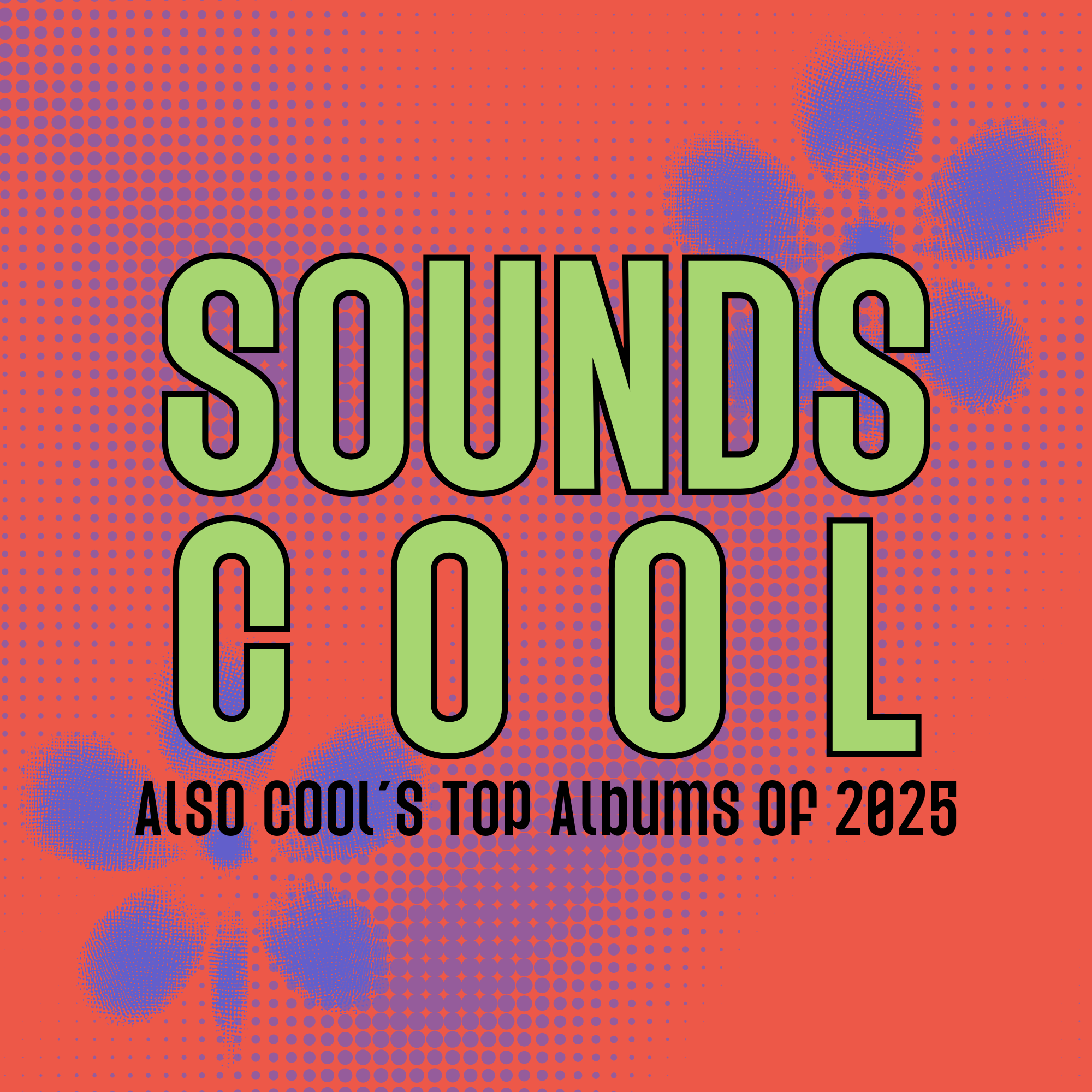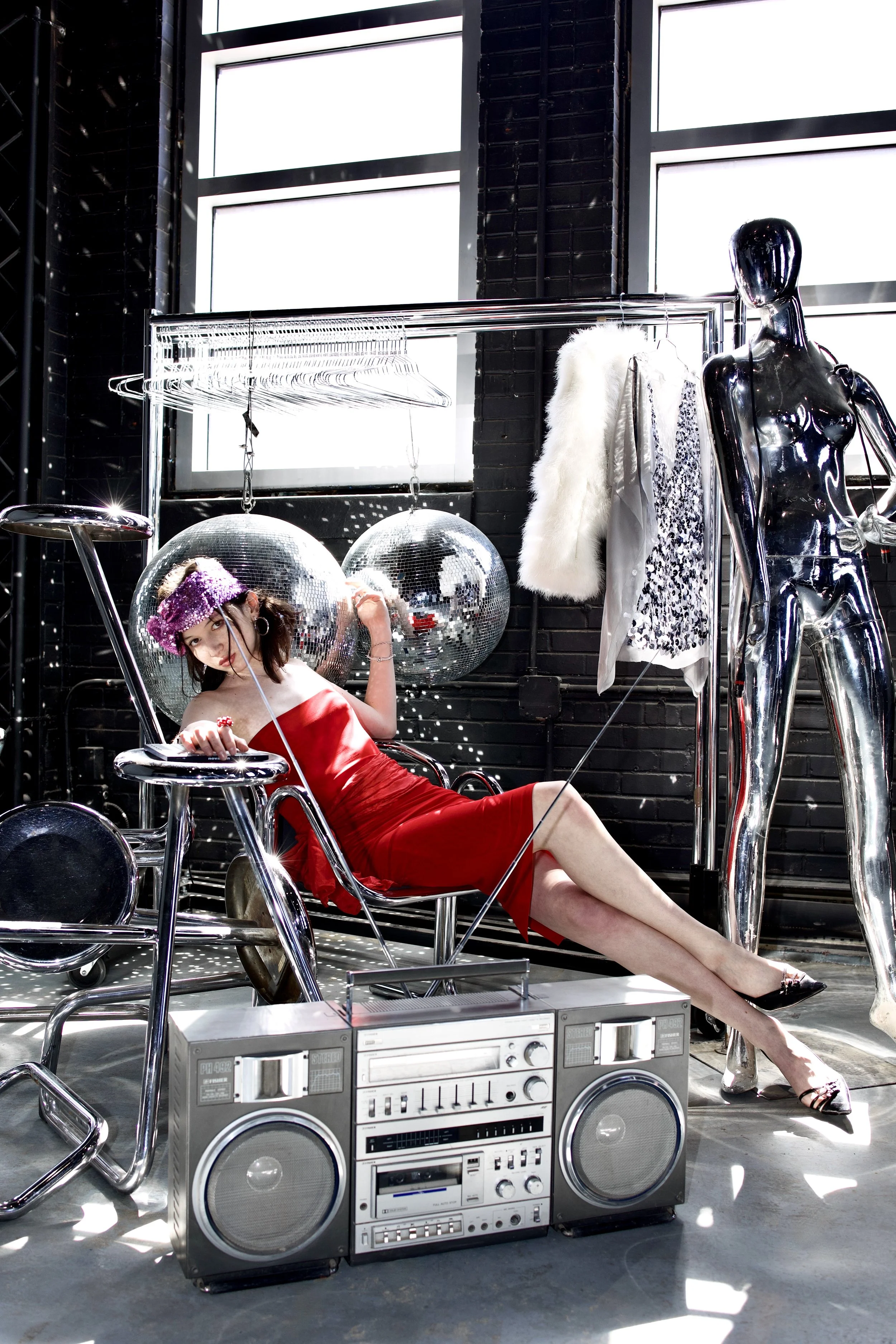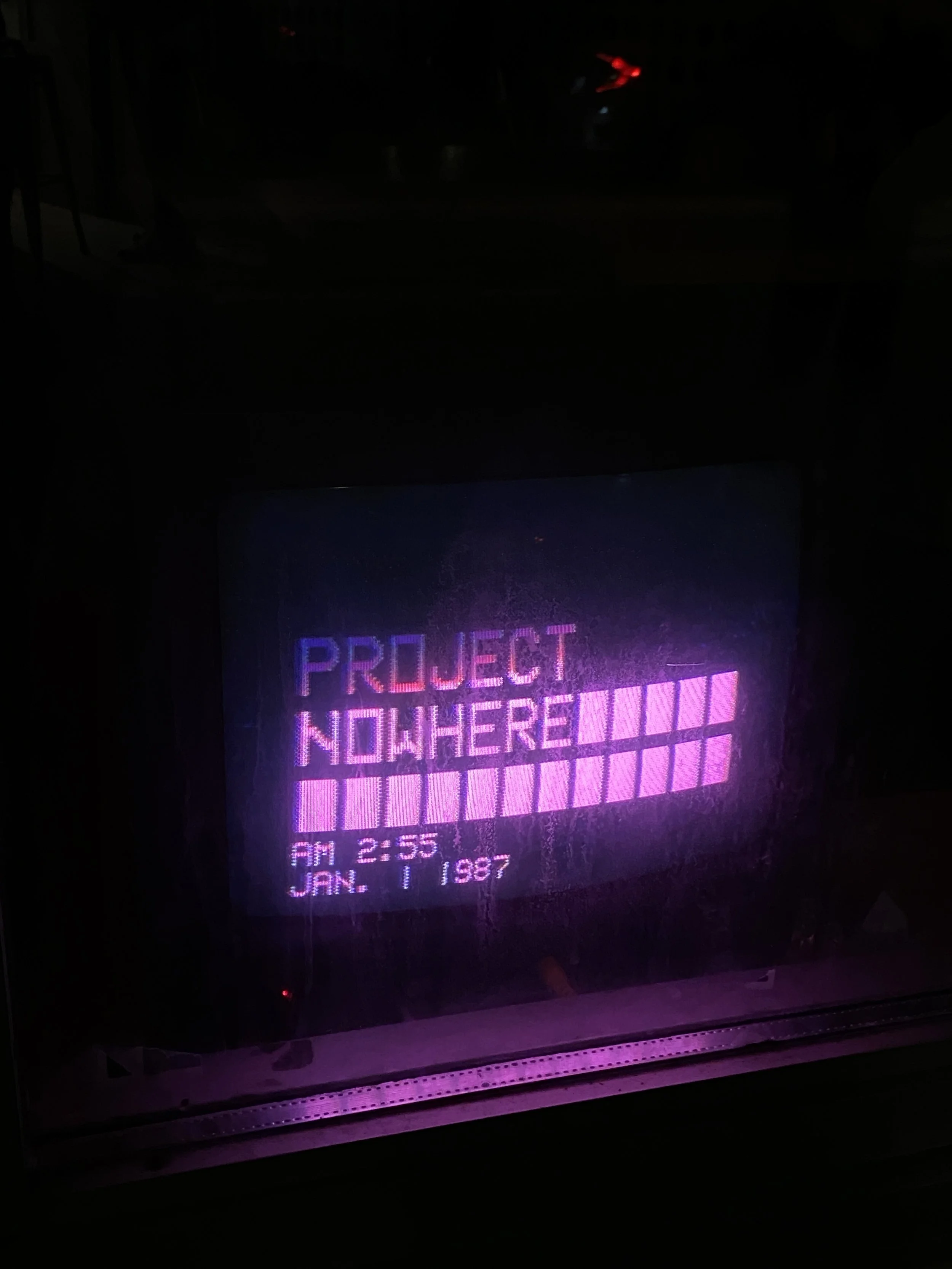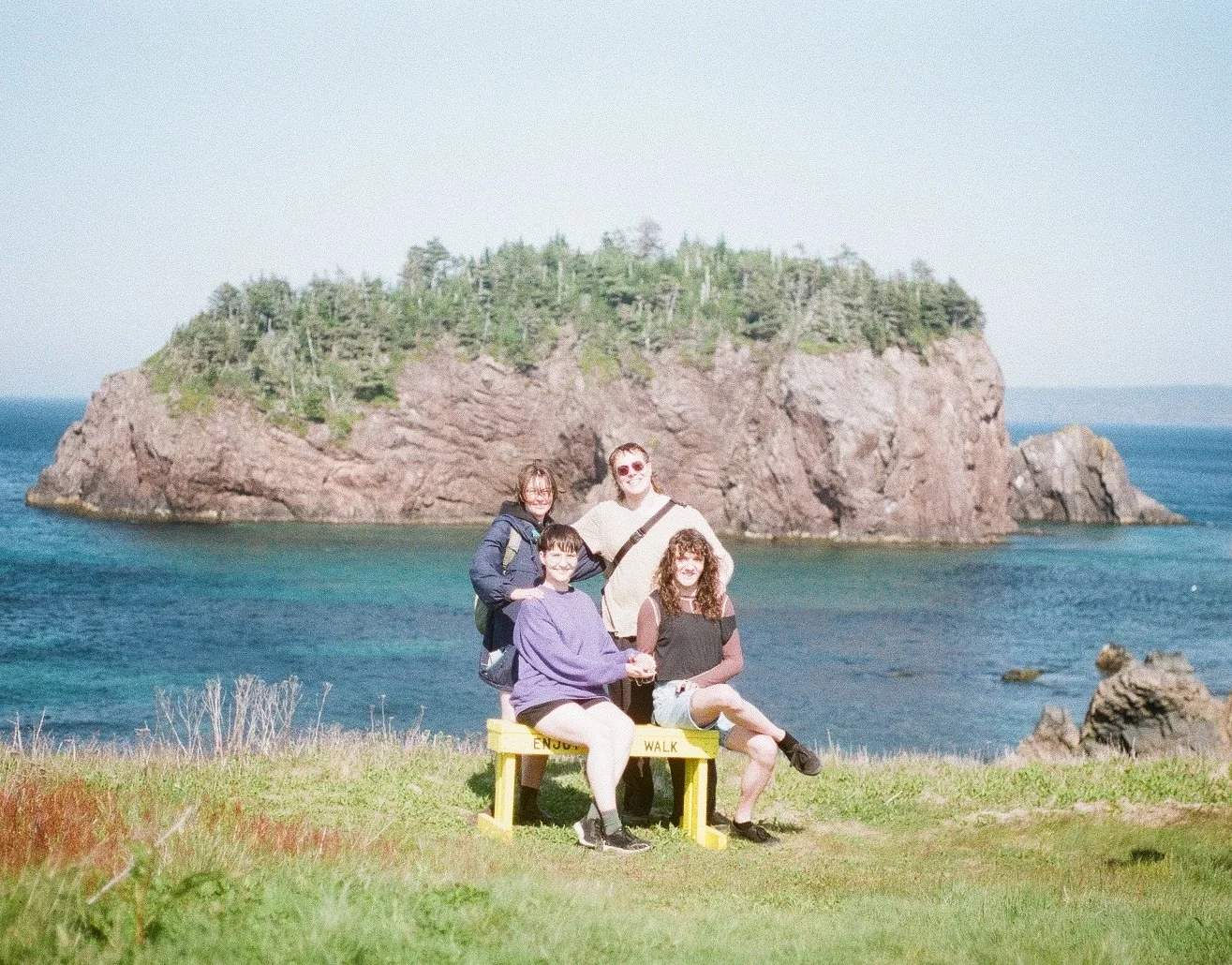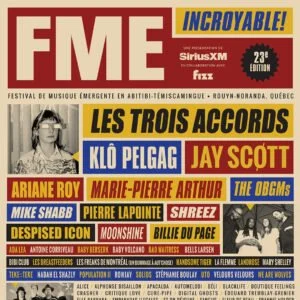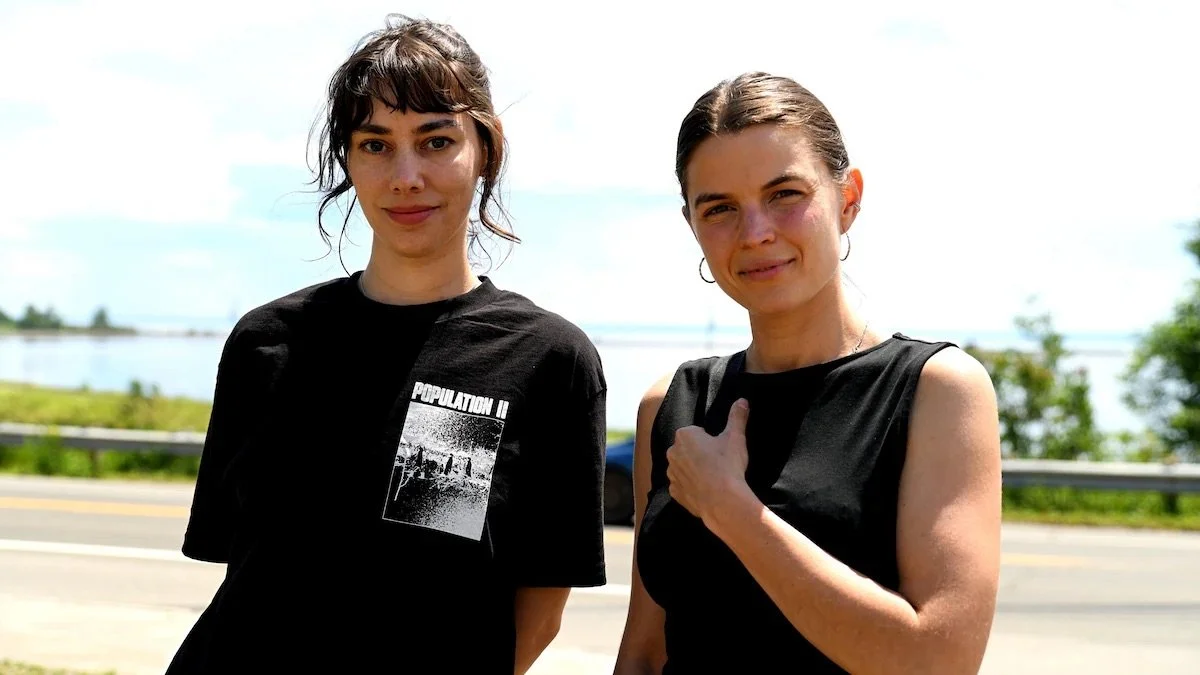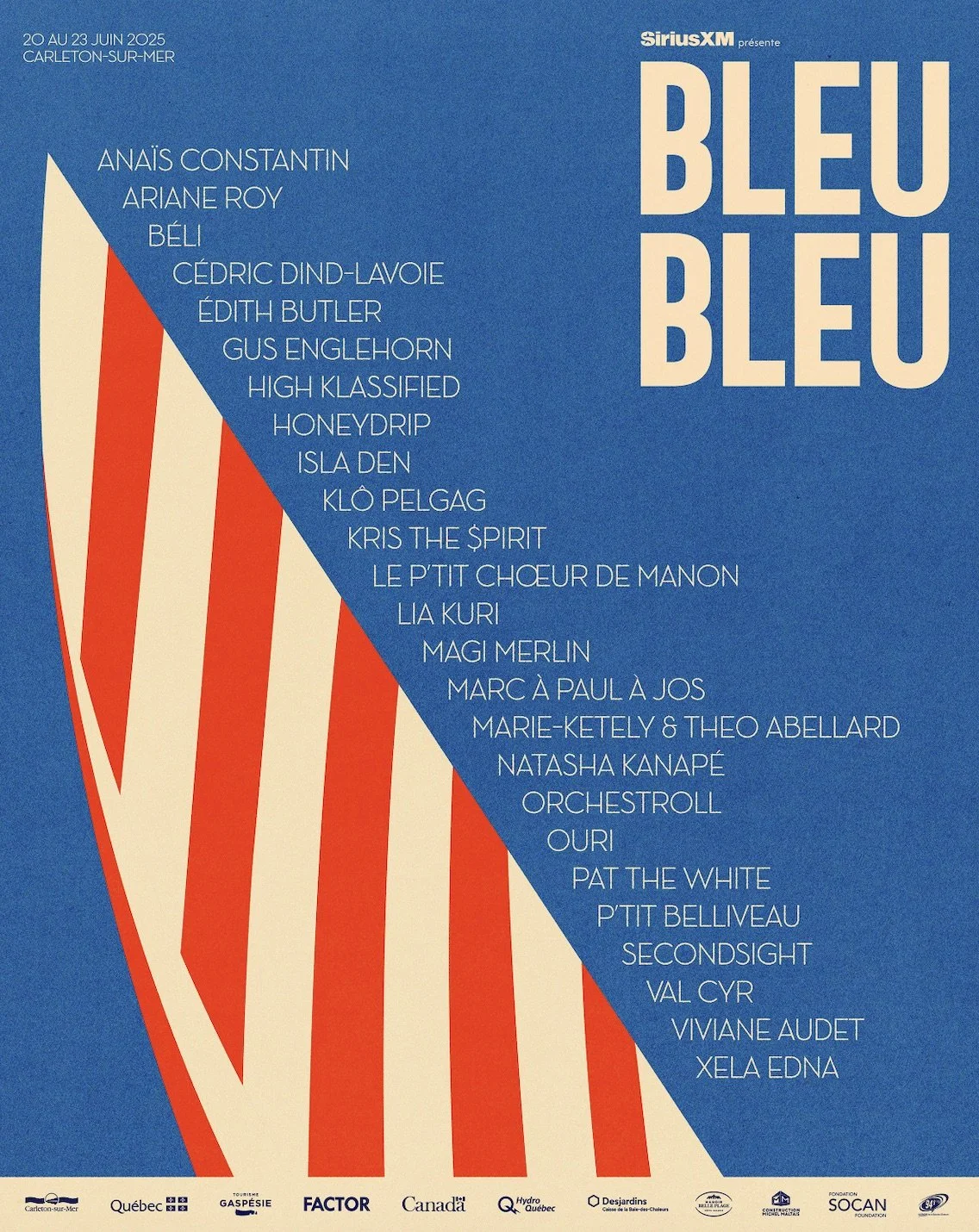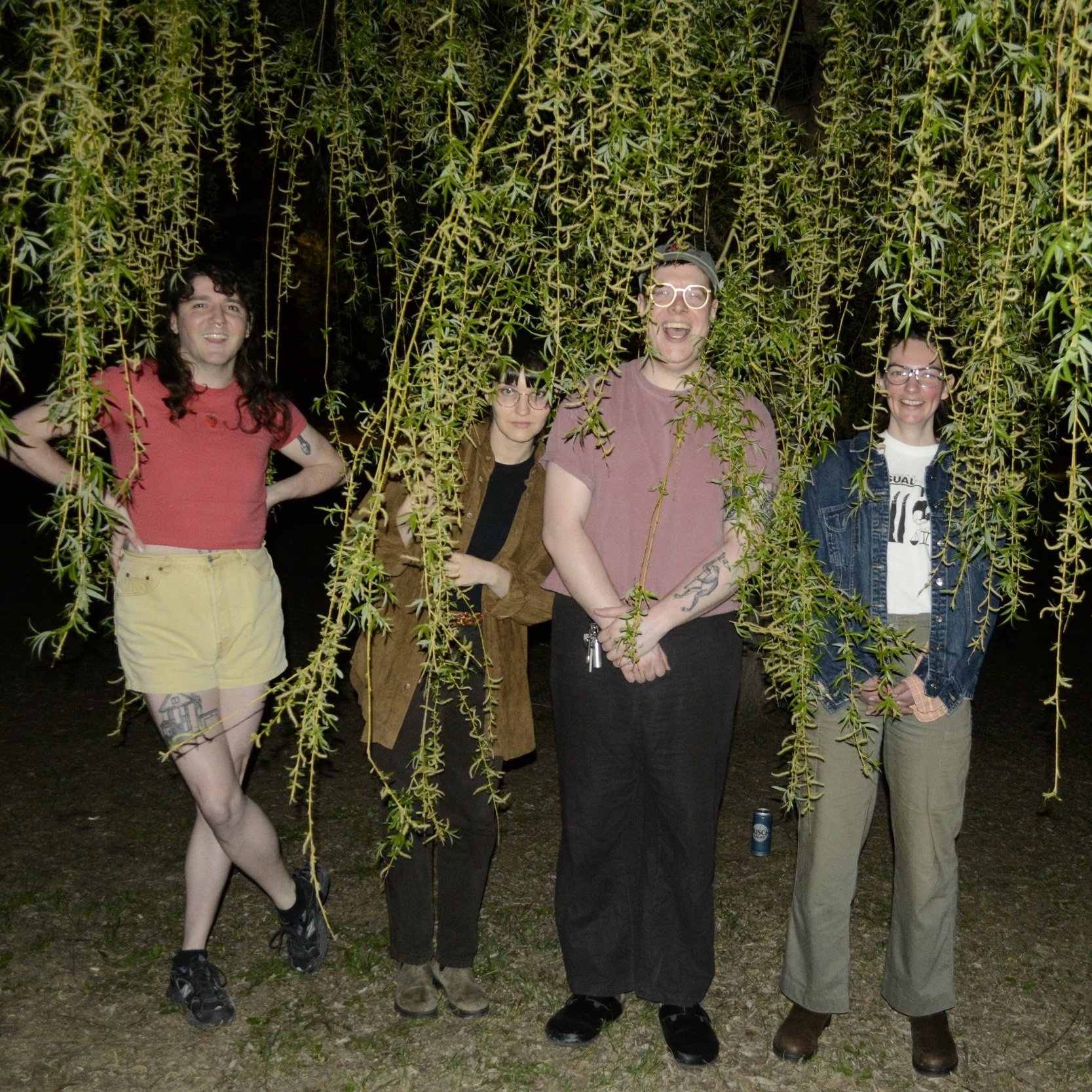Saturday Sermon: Racquel Jones Disrupts Traditionalism with "Sacrilege"
Racquel Jones, still from “Sacrilege” music video by Lacey Terrell
Racquel Jones is a vibrant and ruthless Jamaican rapper, visual artist and model. In her recent music video for “Sacrilege,” she brings horror movie visuals into a Catholic church. By simultaneously horrifying and intriguing her audience, Jones forces us to reflect on the dangers of blind faith in religious doctrine. Through rap flows and poetic verse, Jones aspires to disrupt hate-fuelled tendencies associated with religion, and exposes the toxic headspace that tradition can impose; proactively leading us to dig our way out.
We had a chance to chat with Jones about religious identity, spiritual practice, and the personal experiences that led to the making of her music video. Beware: this interview is not intended for people caught up in conventional ways of thinking.
Spencer Nafekh for Also Cool: Between the freaky visuals in the music video, the blaring synth in the song’s chorus and the prayer-like poetry you incorporate to denounce religion, “Sacrilege” is a very incendiary track. The intense anti-religious messaging in your work surely is not without reason, though. From personal experience, can you elaborate on the impact of religion on your life?
Racquel Jones: I am a Black person who grew up in Jamaica (a Christian country), in a very Christian family. My mother is a preacher. I’m a descendant of people who were enslaved and taught this religion, and said religion was also a crucial tool in the enslavement and oppression of my ancestors. The impact of religion on my life is devastatingly vast, more than I will ever be able to adequately express. It is so impactful that it sadly cannot be undone. So devastating that even after now knowing better, my being is unimaginable without the scars and mental rewiring of my true identity and heritage warped and erased by religion.
Also Cool: I agree, it’s shocking how religion and tradition can warp our identities and alienate us. Do you think spirituality is something that people can practice while still being passionately anti-religious? Would you consider yourself a spiritual person, and if so, what’s a good example of some of your own spiritual practices?
Racquel Jones: For sure. Spirituality has absolutely nothing to do with religion in my opinion. I think the basis of the lies surrounding religion stem from that… They want you to think otherwise. Spirituality, to me, is my deep [soulful] connection with my inner self, my ancestors, the energies in the universe, and the powers within. Examples of spiritual practices I do are: meditation, introspection, forgiveness, self care and self love, practicing empathy and loving in spite of.
AC: One thing that really stood out to me in the “Sacrilege” music video was the freaky, horror movie-esque aesthetic which your director Alex Di Marco creates through eerie lighting and unsettling special effects and costumes. As a big horror movie buff myself, these elements were all things I could instantly appreciate! Was the purpose of this aesthetic to reflect religious practice in a horrendous light, or does it also come from an admiration for horror movies in general? If you are an avid watcher of horror movies, could you name a few faves?
RJ: It was intentional. I cannot think of anything, aside from racism, that is more horrific, horrendous and evil than religion. Because of this, I do not like horror movies. I have lived through the real horror of cult like practices I’ve seen, and watching horror movies evokes PTSD for me. I could never sit through a horror film, especially the ones with demons, exorcisms or anything religious based. I like The Silence of the Lambs, though. Is that horror?
AC: As your first high-production music video as a solo act, the “Sacrilege,” music video can be set apart from your other video works, such as “Letter to the Editor,” which showcased your rap flows alongside the American electronic duo Thievery Corporation. It was also filmed during the COVID-19 pandemic, which I’m sure came with its own unique setbacks. How was filming the “Sacrilege” music video a novel experience for you? Any funny or interesting behind-the-scenes stories which took place during filming?
RJ: Well I was supposed to have a congregation in the video and that couldn’t happen because of COVID. We were going to simulate a whole church experience, from the pulpit to the pew. Something funny did happen… Well, partially funny. The actor scheduled to play the role of Black Jesus in the confessionals initially, showed up to set breathing heavily, sweating and seemed like he was showing symptoms of COVID. He was kept outside, paid and asked to leave. Turns out he was just having an asthma attack. Needless to say, he was very upset.
Racquel Jones, still from “Sacrilege” music video by Lacey Terrell
AC: I’ve heard that you’ve recently been dealing with some issues in getting the “Sacrilege” music video monetized on YouTube, and that you suspect this is likely due to video’s charged religious imagery. I imagine that the issue of online promotion and monetization is especially frustrating for a unique artist such as yourself. Can you speak a little more on this?
RJ: I am not exactly frustrated or upset even, because I expected the backlash. There’s always resistance to change. And there’s always biased censorship. I didn’t expect that people were going to be happy that I’m ripping Bible leaves to roll my joint, burning a photo of “Jesus” and calling the Virgin Mary a bitch. Being anti-religious is a threat to the comfort and hope of people. And for them to find out the lies they’re told, or even exploring the idea that religion is built on the premises of lies, evil, control, segregation and false hope causes pandemonium, fear and panic among people. We are wired to find comfort in the things that hurt us. And religion is the most genius example of that. So, I figured my video is seen as a weapon and a threat as opposed to feeding the narrative they prefer. My responsibility is to put the message and the art out there and let it do its thing. If YouTube or Google fails, there are other ways.
AC: One thing I find impressive about the “Sacrilege” music video is how much its themes and colours can be paralleled with your paintings, which I’ve seen showcased on your Instagram. It seems as though you are passionate about building your creative vision from the ground up, and mixing artistic mediums to express certain thoughts and feelings. How much does visual art tie into your creative practice when it comes to your poetry, singing and songwriting?
RJ: They are all the same. Sometimes it’s chaos in my head because they all function together, and they all speak to me together at the same time. None can operate without the others. Over time I’ve learned to master listening to them all. I am happy that I finally now have the outlet to do them all simultaneously, because before, being forced to separate them was driving me crazy. It seemed unusual and confusing to people in the past that I do them all, and I was often asked to choose and focus on only one. I don’t listen to people anymore, I listen to the voices of the arts in my head and only those.
AC: If “Sacrilege” is a reflection of what’s to come on your upcoming album, IgnoRANT, then it seems there will be no lack of killer bars and strong spoken word for listeners to look forward to. Want to speak a little more on this project, as well as the inspiration for its name?
RJ: Man, I don’t think they’re even ready. It’s nothing like I’ve ever heard before and it scares me sometimes. “Sacrilege” is one of the few normal sounding songs on the record in terms of structure. Myself, along with the producers, followed no pattern or mold, but let ourselves be purely obedient to the art and the emotions. It’s scary but brilliant, and everyone who's heard it so far has had a strong reaction. In terms of concept, for me the title IgnoRANT is a rant about ignorance. It’s being cognizant of the fact that we’re all ignorant to something. It’s being vulnerable about being ignorant and the openness to learn and understand. It’s the recognition of the damages caused by ignorance. It’s knowing that it’s impossible to ever know everything and that we will always be ignorant, but it’s possible to love and have empathy despite ignorance. IgnoRANT is really examining and addressing harmful stereotypes under a microscope in an in-depth way and also through microcosm. It is honest, pure, intense and raw.
AC: Sounds like lots of thought and experimentation has been put into this project, and I’m really excited to check it out once it releases! Lastly, knowing you are a multi-medium artist, are there any recent artistic undertakings outside of your music that you’re feeling excited about?
RJ: The record is just half of the project. I’m excited about the visual arts I’m creating to go along with the record. Each song will be accompanied by a piece of art that further explores and explains the concepts in the song. Aesthetically, these are explored through surrealism, expressionism and iconography. I’m excited about completing the art and exhibiting both the music and the art together. I am almost done making the art. 2021 will be an interesting year.
Racquel Jones
Instagram | Facebook | Spotify
Spencer Nafekh is a tireless reader, writer, editor, and advocate for the written word. With an undergraduate degree in Concordia's English and Creative Writing program imminent, he plans to pursue a Master's specialization in journalism so that he can fully realize his career path. When Spencer is not working away, he is probably listening to experimental music while lost in the world of a science fiction novel.
This interview has been condensed and edited for clarity


